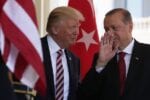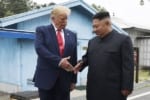At the beginning of 2017, trade between North Korea and Russia more than doubled to $31.4 million. Just this month, a Russian company has started routing North Korean internet traffic. This deal gives the solitary nation a second connection to the outside world, in addition to its primary one with neighboring China.
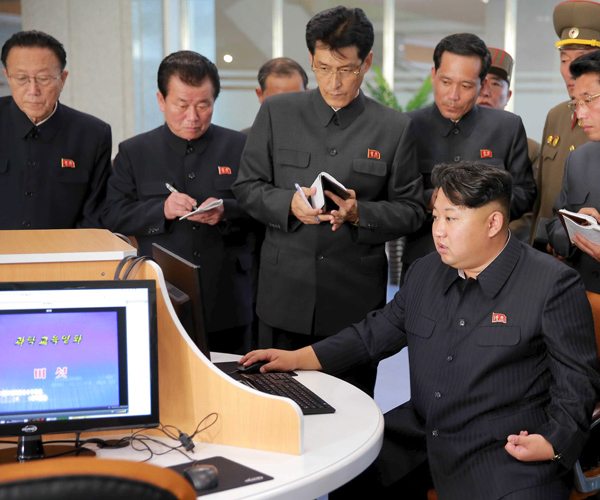
Despite U.S. pressure, Russia has not repatriated any North Korean workers who are sending remittances back home. Around 40,000 such workers are in Russia, according to Russian President Vladimir Putin.
“The Kremlin really believes the North Korean leadership should get additional assurances and confidence that the United States is not in the regime change business,” said Andrey Kortunov, head of the Russian International Affairs Council, a think-tank tied to the Russian Foreign Ministry.
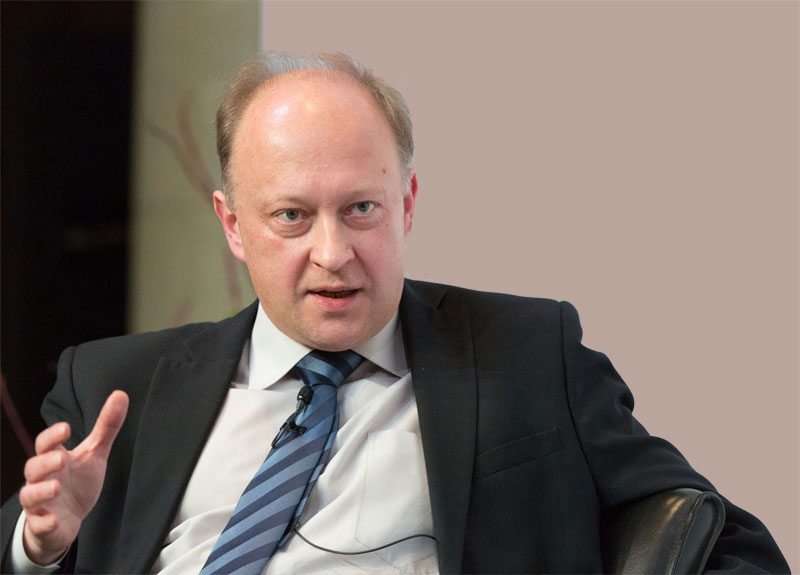
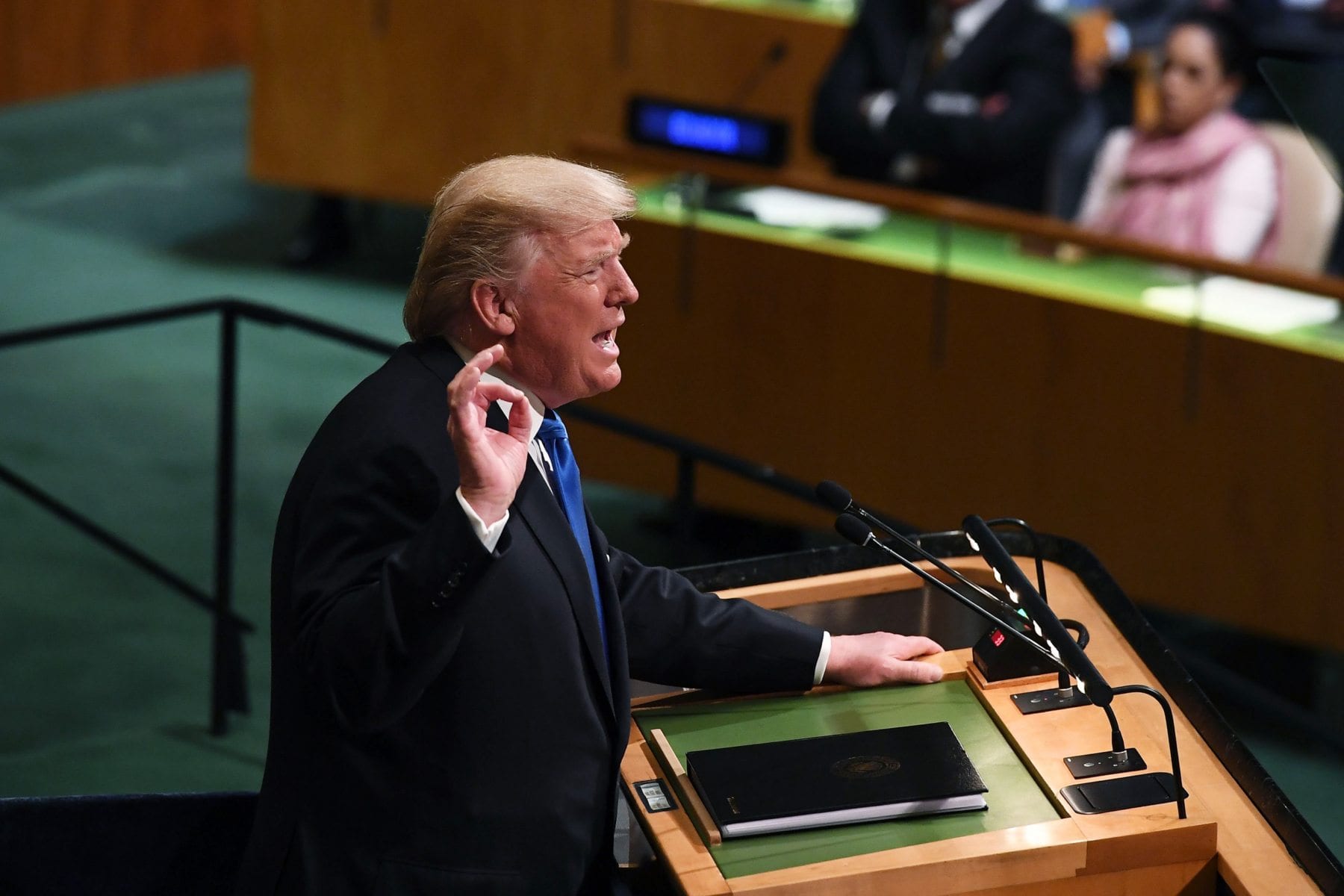
For over a decade, Russian politicians and media have accused the United States of plotting the “color revolutions” following the breakup of the USSR, which led many Soviet satellite countries to break ties with Russia. Because of this history, any U.S. proposal of regime change inside North Korea has become a political non-starter in Russia.
Russia’s “Zapad” military exercises last month simulated a scenario where Russian forces would block NATO from luring countries, such as Belarus, towards a Western alliance. But more importantly, the war exercises revealed that Russia is wary of Western diplomatic efforts with neighboring countries, such as North Korea.
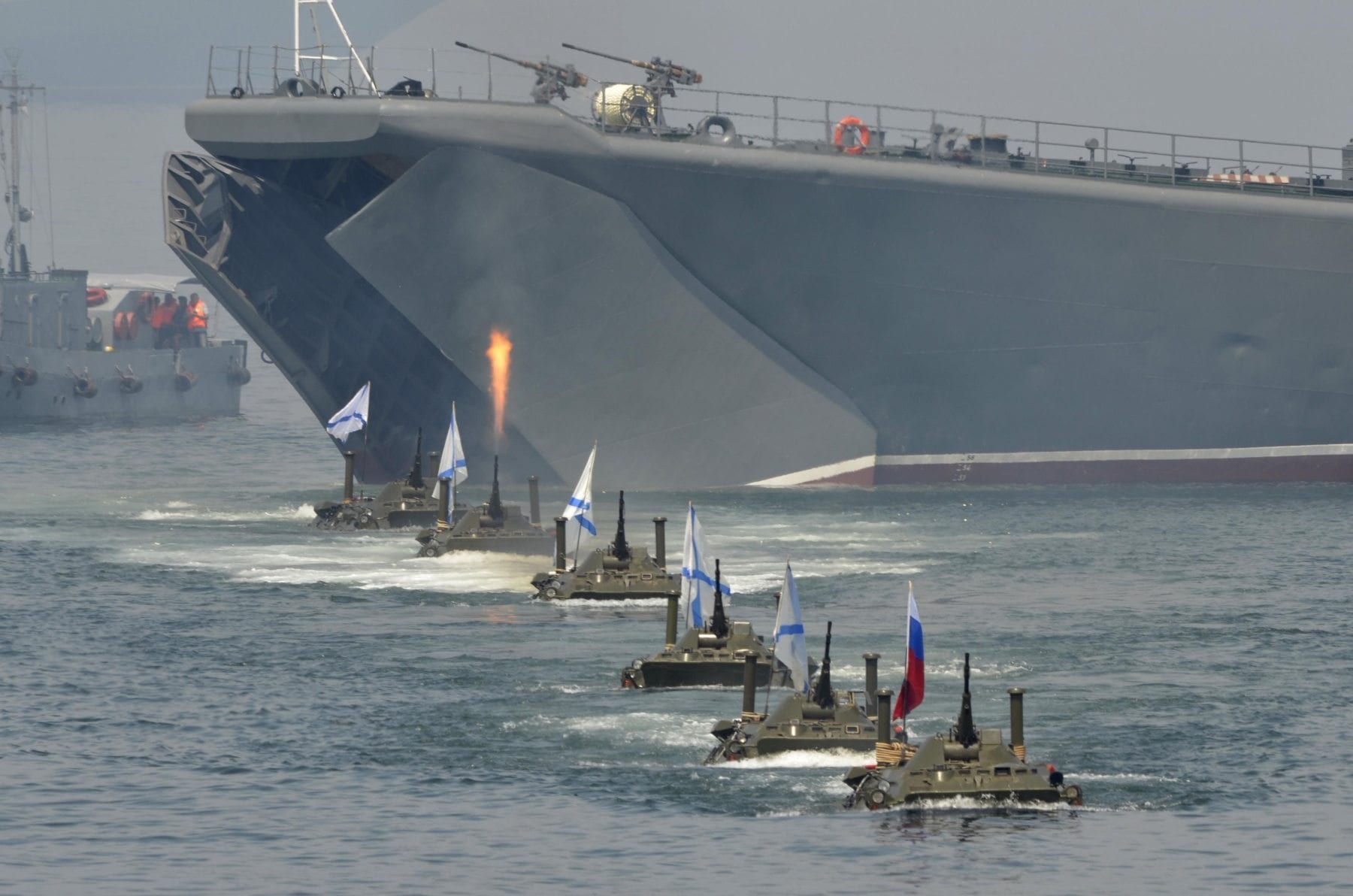
LIMA CHARLIE NEWS, with James Fox
Lima Charlie provides global news, insight & analysis by military veterans and service members Worldwide.
For up-to-date news, please follow us on twitter at @LimaCharlieNews
In case you missed it:

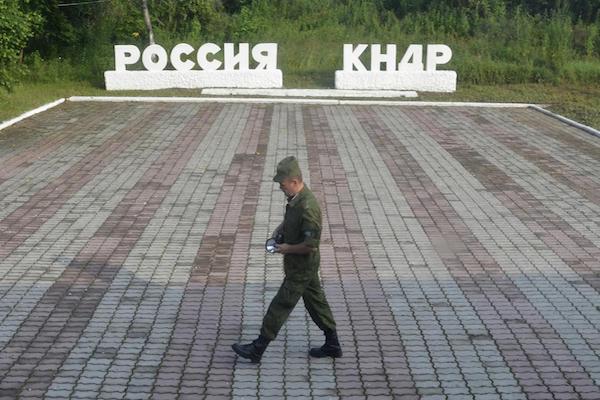
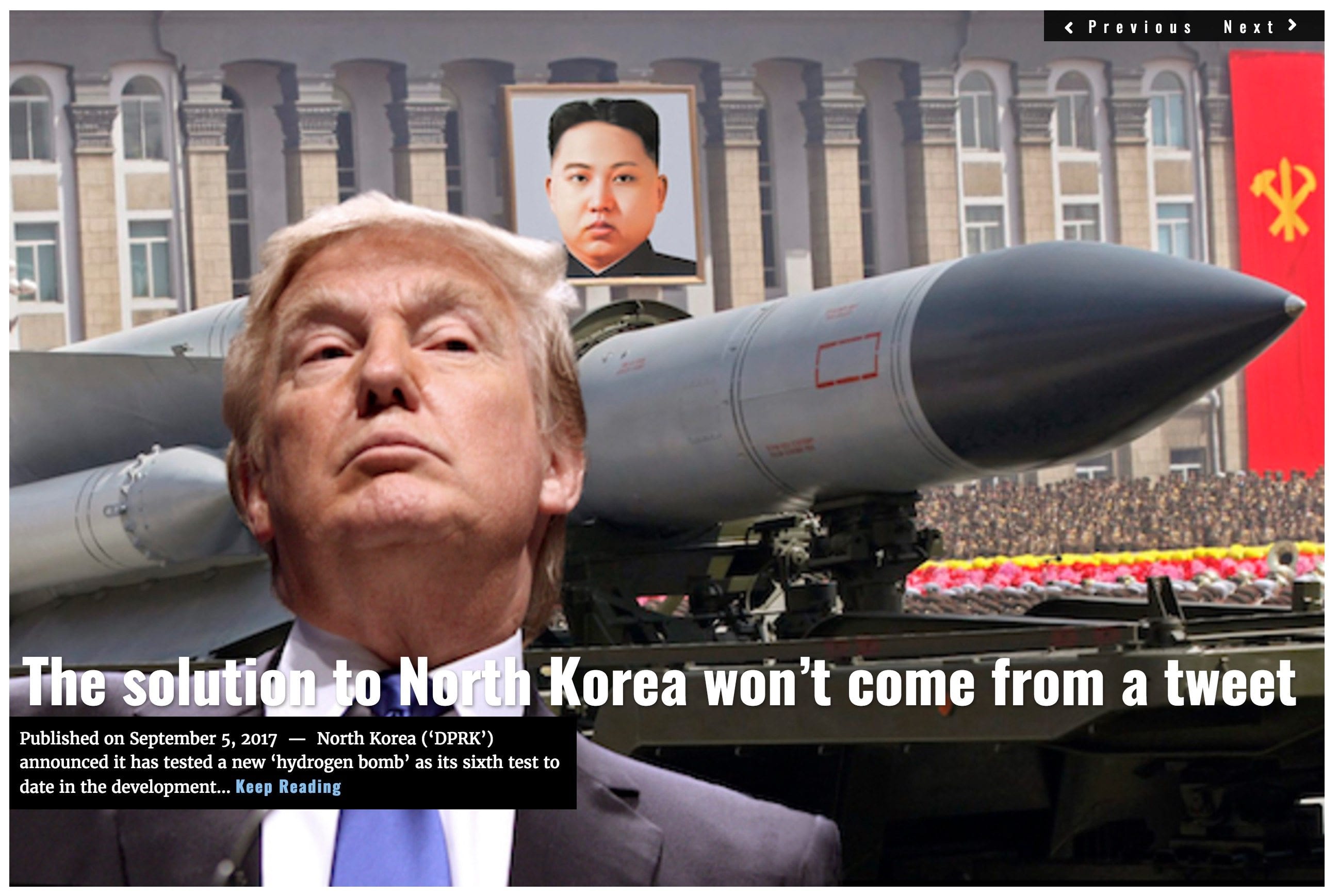
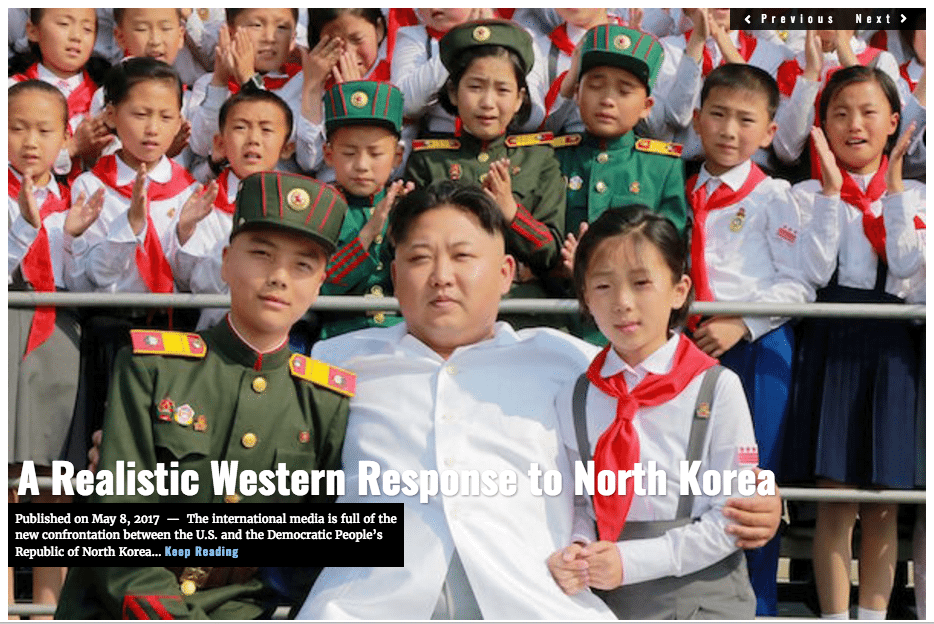
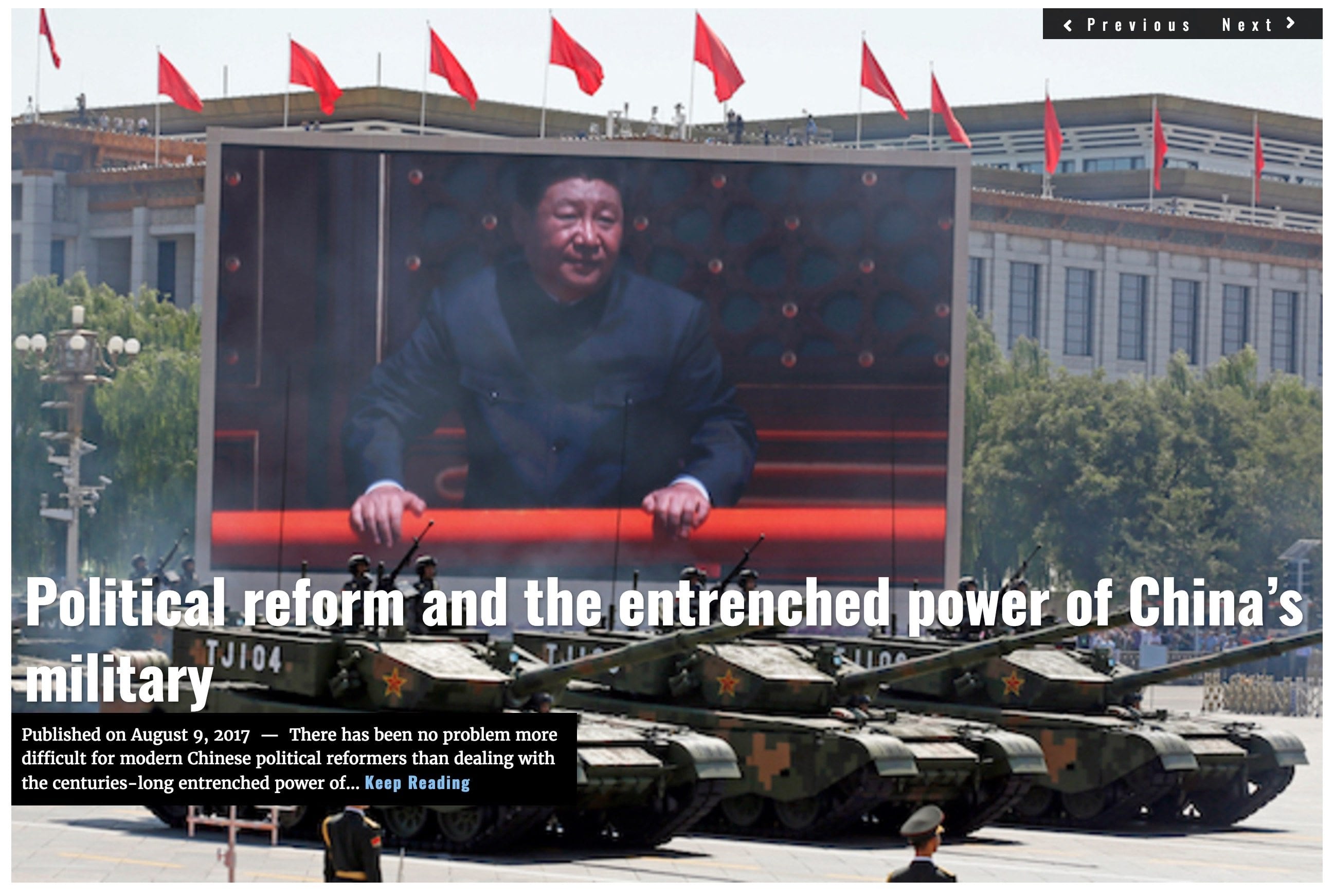

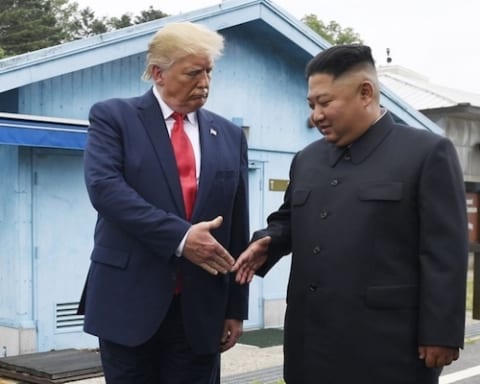
![A Trump war crime pardon dishonors us all [Lima Charlie News]](https://limacharlienews.com/wp-content/uploads/2019/05/A-Trump-war-crime-pardon-dishonors-us-all-Lima-Charlie-News-480x384.png)


![Blossoming Russo-Turkish alliance leaves U.S., NATO behind [Lima Charlie News]](https://limacharlienews.com/wp-content/uploads/2019/07/Russia-Turkey-alliance-leaves-U.S.-NATO-behind-480x384.png)

